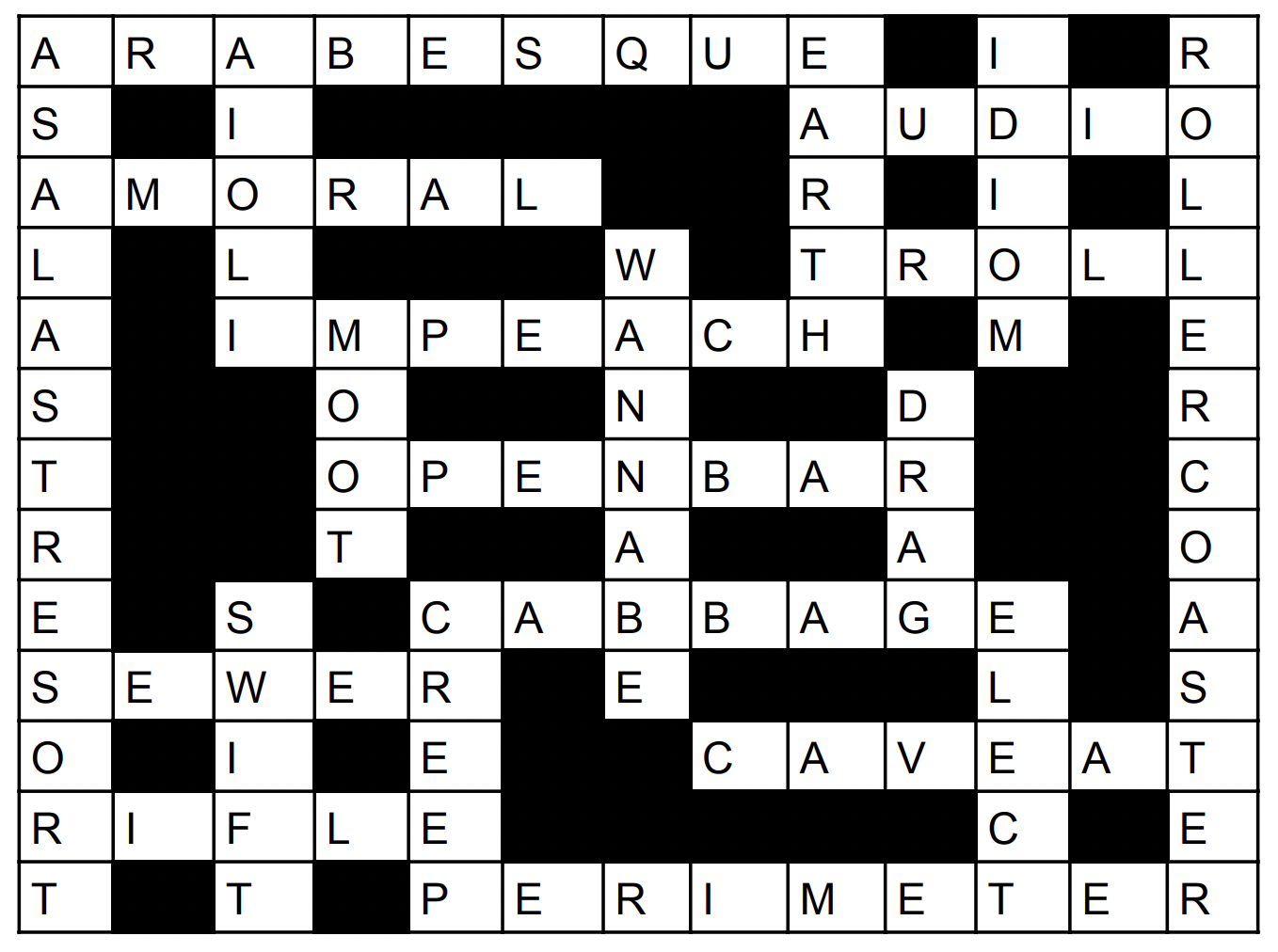Tingewick is a charity led by a group of 29 medical students at Oxford. They work together to raise money as well as completing all their clinical placements together. Throughout the year, they put on a variety of events for the other medical students and the general public in order to raise money for two charities that are chosen at the beginning of the year. This year, the profits are being spilt between The Oxford Hospitals Charity and Yellow Submarine. The most famous event is the Tingewick pantomime, written, directed, and staged by Tingewick Firm with the cast being fully made up of 1st-year clinical medical students. It is attended by over 1400 doctors, nurses, and members of the general public at the John Radcliffe Hospital site.
I sit down with producer Tolu Duckworth, a 4th-year medical student, to talk about the charity and its importance in the Oxford community.
Though a Google search can tell you a lot about Tingewick and its history since its creation in 1938, I ask Tolu “What is Tingewick?” I want to know what this charity means to the people who volunteer their time out of their degree. Tolu tells me “Tingewick is a charity that is run by medical students from Oxford to raise money for local Oxford charities. This year, we’re raising money for The Oxford Hospitals Charity, which provides resources and equipment to help give patients, doctors, and people all the stuff that they need to look after their health across the Oxford Hospitals Trust. And also, Yellow Submarine Charity, which is a charity which works with local children who have autism and developmental needs to help them sort of progress and gain the skills that they need to help them in the real world by offering them jobs, training ships and residentials as well, they could go on across the year.”
It’s a hefty commitment, but why is it important? Tolu tells me “It’s always just sort of good to give back. So given the fact that this is a society charity run by Oxford medical students, all of our placements are involved within the JR, Churchill, Hornton etc. So, understanding where the money comes from, to provide the resources to help the patients that we will in the future be helping out as well is so needed, because a lot of the stuff that doctors do, that nurses do, other health care professionals, etc, they can’t do it alone. And donations are so important so that they are able to provide patients with all the things that they need in order to promote good health and just help them recover from things that they may be dealing with and experiencing. And it’s just always great to give back to charity as well. And Yellow Submarine is also close to one of our members. So, wanting to raise money for that is something that’s quite close to our hearts and that’s what we wanted to go for this year.”
Tolu tells me how much they raise on average, “So I think last year’s committee raised, across their fundraising year, I think over £30,000, which we’re definitely trying to hit, or even beat. And previous years have also raised about £20,000 a year. So definitely, definitely, big money involved. And it all goes towards Oxford charities and is split between the two. Every year money is raised for Oxford hospitals, but the second charity is always different. It’s always just nice to be able to help smaller charities that may not necessarily get as much funding, just to make sure that they are given support in any way. So just out of the need.”
But how do this small group of medical students manage to raise £20,000 – £30,000 every year? Tolu explains that “There are so many things that we put on as a group. Like I said before, there are 29 of us, all medical students with a range of skills and traits. One thing that we’re currently doing is we’ve held a raffle with some amazing prizes that have been donated by some local businesses, including an annual pass to Blenheim Palace, free cinema tickets, £50 voucher for Coconut Tree, and so many other things. We are doing the National Three Peaks challenge very soon, actually. We’re raising money just in terms of sponsorships and doing other types of challenges across the year. Even cycling the equivalent of the height of Everest is coming up at some point in the year, some charity bake sales, and just other awesome things as well. And the big thing that happens every year is a pantomime show that we put on. The fourth-year medical students all audition, sing, act, and dance to a show that we as the fifth-year students write, produce, and choreograph everything to put on and play around and have fun, and the tickets to the show contribute towards, again, fundraising as well as the drinks and the things that we sell them on the day. And the pantomime is the big thing. And it’s a lot of great fun to end the year with our pantomime, which would be happening at the end of November. It’s something to look forward to and look out for.”
With the pantomime being such a hit what exactly does this night of laughs actually entail? Laughing Tolu tells me “So Tingewick actually started as just the show. And it’s been going on for sort of over 80 years now. It started off as a way for medical students to unwind and have fun amidst their degree. And I think within recent years, it then turned into like a fundraising scheme, which makes a lot of sense. Though everyone knows Tingewick as the pantomime, there’s actually just so much more involved behind the scenes, including our separate fundraising events. So if there’s anything to sort of get involved with it’s the pantomime shows, you can see a lot of medical students make fun of themselves, their tutors, Oxford, and everything, it’s just really great fun. And it’s usually like a spin on really classic shows. I think last year was based on Legally Blonde before that, it was a Doctor Who theme, and there have been Shrek themes as well. It’s a really great show just to see your friends and classmates in. The pantomime is the biggest thing we have, and it’s great every single year. I’m not biased at all but definitely go watch it.”
Tingewick is more than the pantomime, which will be put on this November, so in the meantime what is next for the student-run charity? Well, according to Tolu, “So in terms of upcoming things, we’ve got our charity raffle, which is ending on the 24th of May, our Three Peaks challenge, which we are doing over the weekend of the 20th and 21st of May. So keep an eye on our Instagram account to see our journey climbing up Snowdon, Ben Nevis, and Scafell Pike in 24 hours. Why are we doing this? It’s for charity! So, please help. We have just loads of different challenges and events, loads of fundraising events, lots of baking, lots of eating, lots of inviting the old committee to come back and join and just preparing for our big shows like the pantomime. So that’s what we are sort of working on and we’re excited!”
So much is going on for Tingewick, and though it’s run by the medics, I ask Tolu how the rest of us, as fellow students can support the charity. Tolu tells me, “Just get involved in any of the events that we put on, buy a raffle ticket, sponsor us, even if it’s a pound or a penny, and come to watch the shows. I think the big thing is the pantomime show because it is just a lot of fun to sort of support your friends if you have any medical student friends in 4th-year or 3rd-year as well. It’s just great to show support in that way. So definitely do try and come to the show because it’s like a nice sort of combination of all of our efforts of the year.”
Many of us go through our Oxford degrees, go to doctor appointments in Beaumont Street or may have ended up at the John Radcliffe after a particularly heinous night out, without ever thinking of what it takes to keep these services open. They not only help the thousands of students who move in and out of Oxford but also the wider Oxford community who live here year-round. Tingewick’s work to support The Oxford Hospitals Charity represents the best of us as students and as people.












